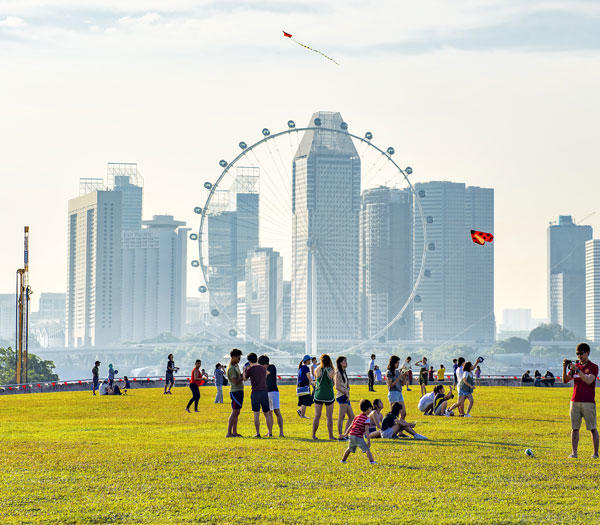How to make cities more resilient? What are the solutions to improve air quality? How can we feed an ever-increasing population, especially in the cities? What is the threat to development posed by the scarcity of resources?
✨ 2023 was an eventful year for the Veolia Institute! And 2024 is well on its way to being even more so!
👏 We would like to express our gratitude to our valued contributors, whose expertise has been essential to the realization of our many projects.
🎥 We're delighted to present a pictorial recap of these highlights.
What an eventful year for the Veolia Institute in 2022!
🙏 A big thank you to our dear contributors who brought all their expertise to the design of our many projects.
🎬 Find the highlights of last year and enjoy the viewing!
A platform for discussion and debate
The Veolia Group set up the Institute in 2001 precisely to address questions such as these, which it foresaw as being key issues for society in the 21st century. Designed as an independent space for collective thinking, as a platform for discussion and debate, the Institute carries out forward-looking work on themes at the crossroads of society and the environment.
Our work focuses on the following themes:
- Access to essential services
- Biodiversity
- Climate Change
- Governance and societal debate
- Resources and the circular economy
- Health and Environment
- Cities and urban services
Because we firmly believe that dialogue and knowledge-sharing are crucial for finding answers to the questions that concern us, our work is freely accessible on our website.
A partnership and multidisciplinary approach
The Institut Veolia develops its activities through a permanent dialogue with scientific and intellectual circles as well as with field players who are references on the subjects studied. Through its conference-debates, its journal, La Revue de l'Institut - Facts Reports, and prospective working groups, the Institut Veolia gathers and disseminates the experiences and expertise of various players to offer cross-references on its work themes.
To this end, over the years the Institute has built up a high-level network of scientists, intellectual or scientific experts, NGOs, international organizations, universities and research bodies around the world.
The Institute has also received several awards:
2012
- Member of the "Civil Society Network" of UN Department of Economic and Social Affairs (UNDESA)
- Status of "research organization" by the European Commission, in the 7th Framework Programme for Research
2015
- Provisional accreditation as "Observer NGO" by UN Framework Convention on Climate Change (UNFCCC)
- Official label "COP21" granted for the Conference on Methane by the French Government



